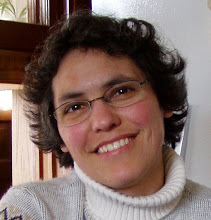I listened to a few podcasts from NPR. One interesting one was the Grammar Grater, but then linguistics is interesting to me. Podcasts, like magazines, offer a wide variety of subjects for the diverse people that inhabit the world. It was surprising to me that NPR had podcasts in a variety of formats. I noted one that was only available as an MP3 and another played with Real player and still another played with Quicktime. I suppose how it is uploaded depends on the creator’s choice of format and platform.
Some of the directories seemed large and unwieldy. You can see that they are growing since some offer search boxes now. Although I didn't really like Yahoo where it was all searching. Podcast.net was kind of slow. I would guess that has to do with all the files being large. The educational podcast network had large lists that didn’t give a specific enough description to know what you were getting into. Podcastalley was pretty good. It allowed you to search as well as narrow your topic through the directory. Learning a language in short sessions is a neat idea. I wanted to listen to one, but it was only available as a feed and I’m not sure I can keep up with that right now. What a great idea though!
For myself, I found it much faster to read the transcript available (as on NPR’s site) than to listen to the podcast. So a podcast would make more sense if you could listen while you were mobile or doing something else. Having an iPod or MP3 player would make podcasts more usable. Of course, listening to a podcast while working in another window on the computer is also possible, I guess.As I explored this Thing, many uses for it came to mind. The

No comments:
Post a Comment